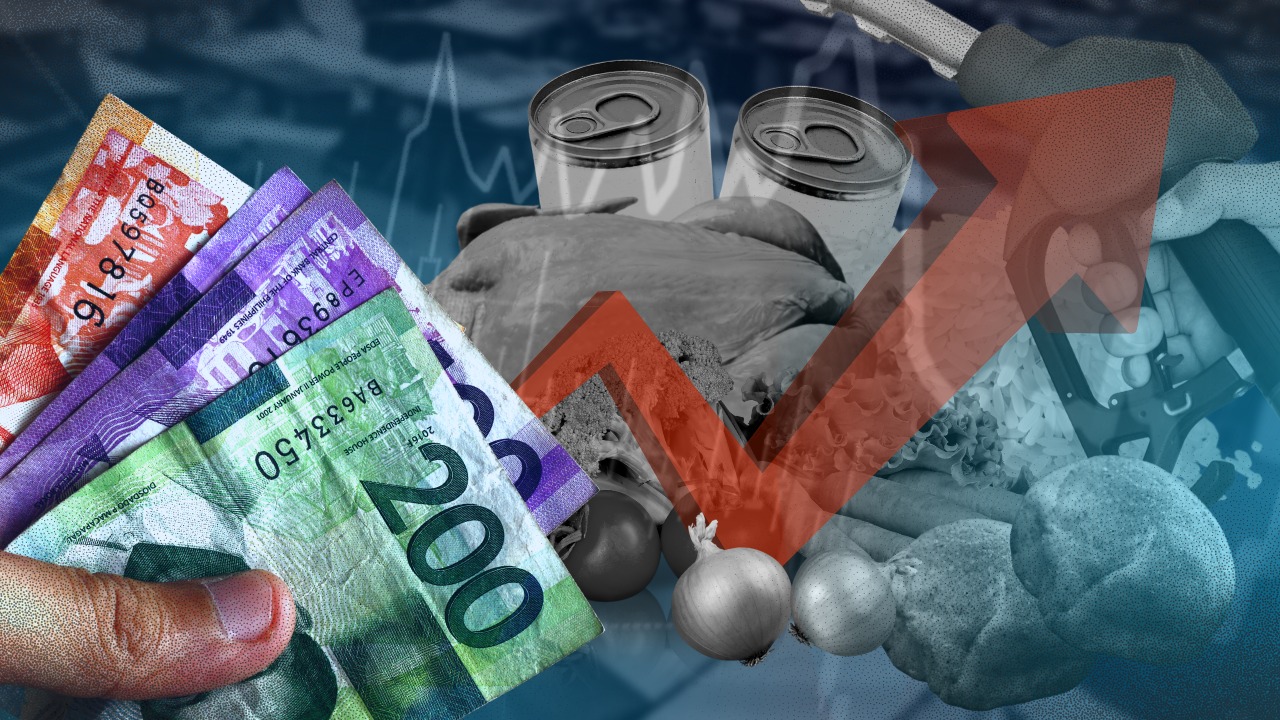Inflation is expected to have moderated to 3.7 percent in August, primarily due to slower increases in food and transport costs, along with the strengthening of the local currency that helped reduce inflationary pressures.
An Inquirer poll of 11 economists yielded an average inflation forecast of 3.7 percent in August, easing from the 4.4 percent in the previous month and 5.3 percent in August 2023.
The median projection also settled within the 3.2- to 4-percent forecast of the Bangko Sentral ng Pilipinas (BSP). Both forecasts from the Inquirer poll and the BSP showed inflation also settled within the central bank’s 2- to 4-percent target range for 2024.
“Even though there is no evidence yet that the July tariff cuts have had much impact on consumer rice prices, the absence of any further increases should be enough to deliver a substantial decline in inflation in August,” Robert Carnell, regional head of research at ING Bank, said.
Carnell expected inflation to have slowed to 3.3 percent last month, as he expects overall prices to remain flat.
Robert Dan Roces, chief economist at Security Bank, pegged August inflation at 3.7 percent, driven by weak rice imports and heavy rainfall affecting local food production.
“These factors have likely led to higher domestic food prices, particularly affecting rice. However, the overall inflationary pressure may be partially offset by a stronger peso and lower oil prices, which could mitigate imported inflation and reduce transportation costs,” Roces said.
Rice prices
Meanwhile, Aris Dacanay, economist at HSBC, said that reduced tariff rates have led to “more or less stable” rice prices.
“We expect inflation to continue easing as rice prices moderate throughout the year. Adding to the disinflationary impulse is the significant reduction in fuel prices throughout the month,” Dacanay said.
He also expected core inflation—which excludes volatile prices of food and fuel—to moderate gradually, mainly due to the recent monetary policy rate cut.
At its Aug. 15 policy meeting, the BSP cut its policy rate by 25 basis points (bps), reducing the key rate to 6.25 percent. This was the first rate cut in almost four years or since November 2020, during the height of the pandemic.
BSP Governor Eli Remolona Jr. said there was room for one more 25-bp cut either at the October or December meeting of the central bank. INQ


